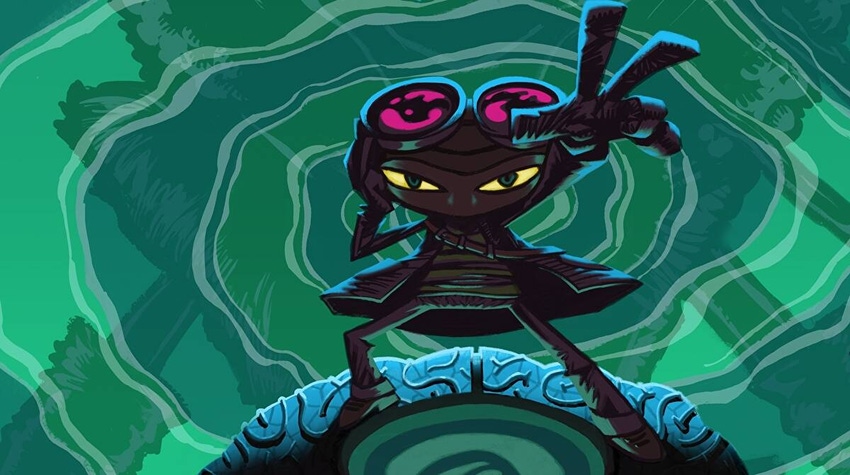Tim Schafer opens up on the Psychonauts series' development nightmares
For Double Fine, making both of the Psychonauts games came with their own respective obstacles.

During a recent interview with NME, Tim Schafer opened up on the development of 2005's Psychonauts and its 2021 sequel. Both titles had their fair share of issues, and he was candid in saying as much as he was allowed about how both of them affected Double Fine.
In the case of Psychonauts 2, it was a "long haul" throughout its development, with Schafer calling it one of Double Fine's biggest challenges yet. Much of the issues surrounding Psychonauts 2 involved its finances.
Originally crowdfunded for $3.3 million in 2016, the game was meant to be published by Starbreeze Studios before Starbreeze went bankrupt and had to scale back in order to remain operational. Microsoft later acquired publishing rights when it purchased Double Fine in 2019.
Schafer further called development on Psychonauts 2 a "roller coaster," and admitted that "at certain points, it really didn’t feel like it was going to be good."
The original Psychonauts, said Schafer to NME, was one of the worst crunches in his career as a game developer. Double Fine staff worked "until five in the morning, for days on end" to ensure it would reach its April 2005 release.
"We were just like…'oh god, that was terrible. That’s wrong—let’s never do that again,'" recalled Schafer.
Crunch continues to be a widespread issue in the industry, and Schafer emphatically stated that resorting to crunch is an indicator that "something went wrong. Either you overscoped, or you lost some productivity for some reason, or something bad happens."
The crunch on Psychonauts 1 taught the developers some lessons, one of which Schafer said was not to normalize it. Improving quality of life for developers is a priority, and it's just as important that crunch doesn't become a recurring part of a studio's lifecycle.
"As long as you don’t say that’s normal…you say, 'how do we fix that problem?' That’s the important thing: and it’s a constant struggle to get better at it every game.”
About the Author(s)
You May Also Like













